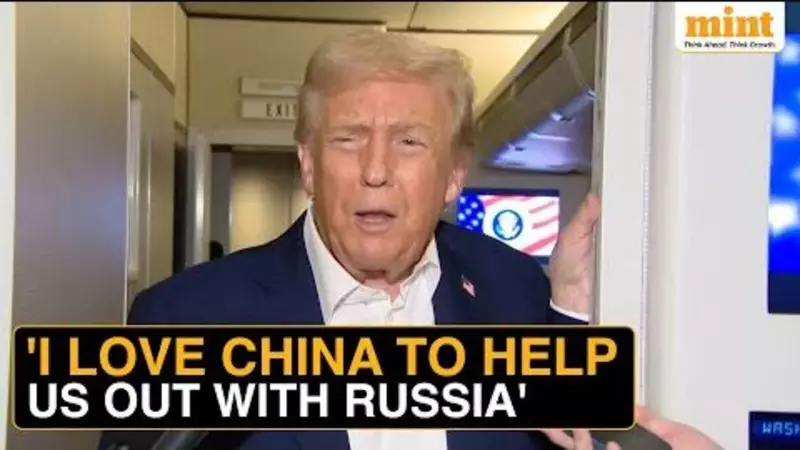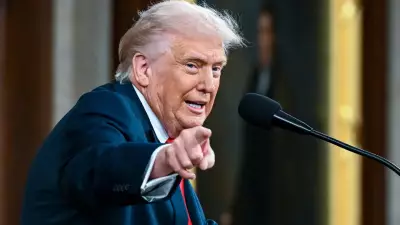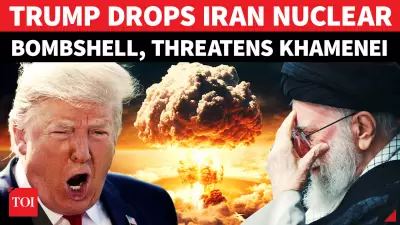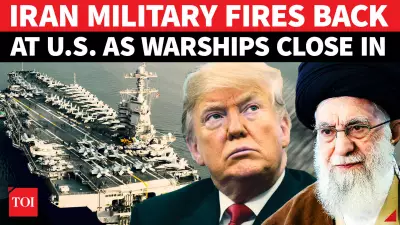
In a significant diplomatic move that has captured global attention, former US President Donald Trump has extended a major appeal to Chinese President Xi Jinping ahead of the crucial ASEAN Summit in Malaysia. This development comes at a time when international relations in the Asia-Pacific region are at a critical juncture.
The Strategic Timing
The timing of Trump's outreach to the Chinese leader is particularly noteworthy, coinciding with the ASEAN Summit where regional security and economic cooperation are top agenda items. This move suggests a calculated effort to influence the geopolitical landscape before key multilateral discussions.
What Trump's Appeal Entails
While specific details of the communication remain confidential, sources indicate that Trump's message to President Xi focuses on several key areas:
- Economic cooperation and trade relations between the two superpowers
- Regional security concerns in the South China Sea
- Potential collaboration on global economic stability
- Bilateral discussions beyond traditional diplomatic channels
Implications for ASEAN Summit
This unexpected diplomatic maneuver could significantly impact the dynamics at the ASEAN Summit in Malaysia. Many analysts see this as Trump's attempt to position himself as a key player in international diplomacy, potentially overshadowing current administration efforts.
Regional Reactions
Neighboring countries and ASEAN members are closely monitoring this development, as any shift in US-China relations directly affects regional stability and economic partnerships. The appeal comes amid ongoing tensions in the South China Sea and broader competition for influence in the region.
Expert analysts suggest that Trump's outreach represents a strategic effort to reassert his influence in international politics while potentially creating alternative diplomatic channels between the world's two largest economies.
Historical Context
This isn't the first time Trump has made direct appeals to President Xi. During his presidency, Trump often employed unconventional diplomatic approaches, sometimes bypassing traditional State Department channels for direct leader-to-leader communication.
The current development raises important questions about the future of US-China relations and how former leaders might continue to shape international diplomacy even after leaving office.






